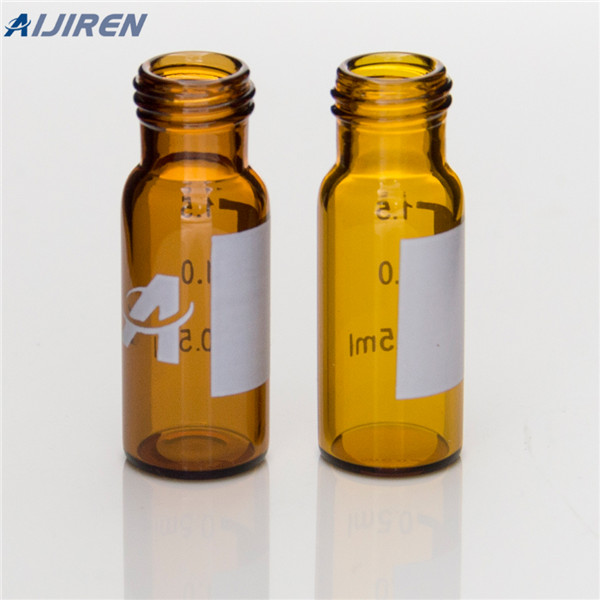
Sep 12, 2018 · HPLC Basics High performance liquid chromatography or commonly known as HPLC is an analytical technique used to separate, identify or quantify each component in a mixture. The mixture is separated using the basic principle of column chromatography and then identified and quantified by spectroscopy. A computer analyzes the data show the output in display. HPLC Get Price
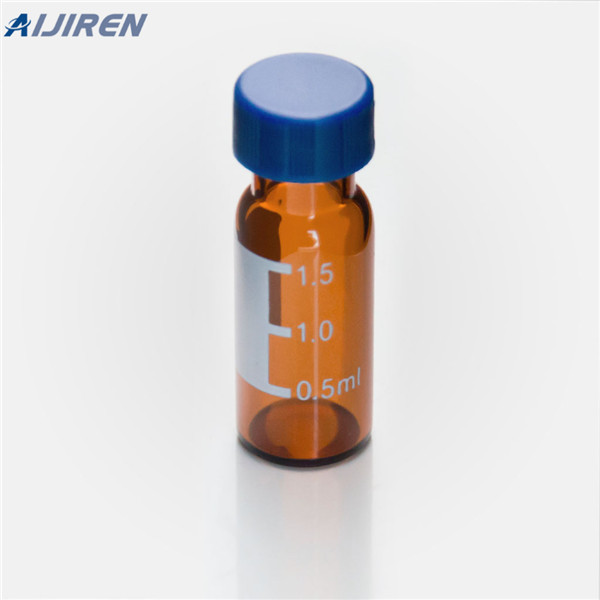
Protocol for cleaning HPLC inserts and vials. Hi dear all, somebody have a protocol for clean inserts and vials for HPLC using sonicator? thanks. High-Performance Liquid Chromatography.

All HPLC solvents should be filtered through a 0.45 µm filter before use. This removes any particulate matter that may cause blockages. After filtration, the solvents should be stored in a covered reservoir to prevent contamination with dust, etc Filtering HPLC solvents will benefit both your chromatography and HPLC system.

The minimum required volume in the sample vial is vary instrument to instrument and is completely based on the auto sampler, in particular how long needle will insert into the sample vials.
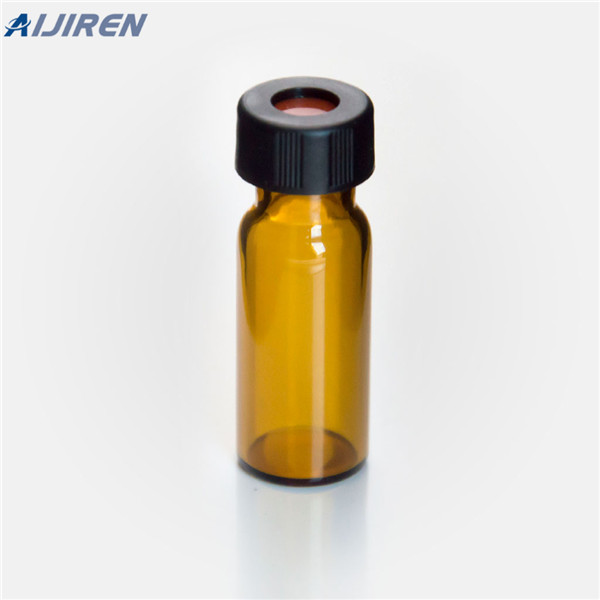
Sample preparation Sample preparation depends strongly on the matrix to be analyzed, but in general steam distillation and solid-phase extraction techniques can be used. Chromatographic conditions High-performance liquid chromatography (HPLC) with UV-visible diode-array detection (UV-DAD) has been
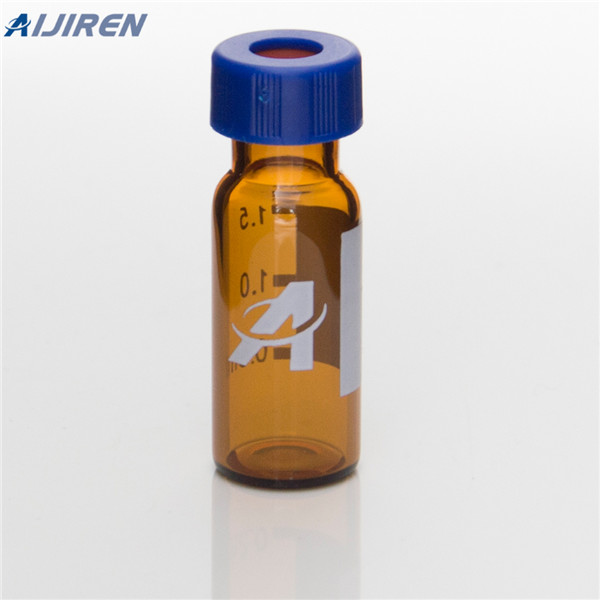
Sample Preparation for HPLC Analysis You will learn to analyze biological samples for trace levels of drug and pesticide residues using HPLC. Students will perform standard preparation, reagent preparation, and sample extractions for HPLC analysis.
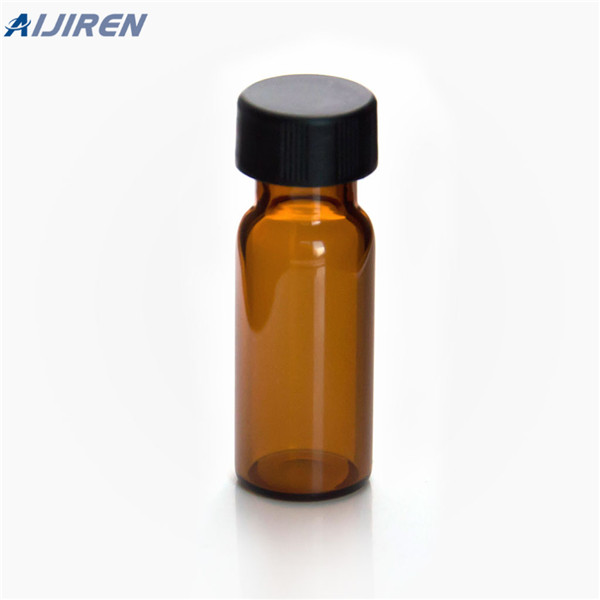
Choose clear glass for maximum visibility or amber glass for protection from UV rays in light sensitive applications. Screw thread borosilicate sample vials are laboratory staples. These general purpose glass vials provide exceptional resistance to heat shock and chemical leaching and come in a range of sizes from 2 mL to 60 mL.
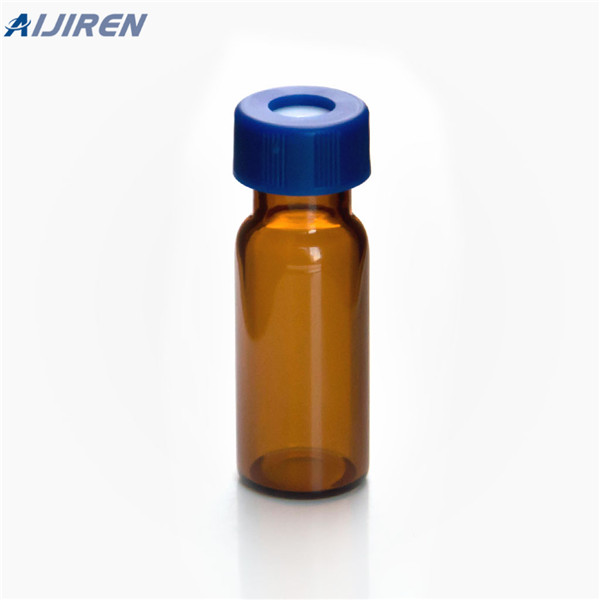
Sample Vials Wide selection of vials, including HPLC Certified vials (tested by HPLC for cleanliness) and LCMS Certified vials (tested for total ion count and presence of clusters in the high mass range). These are the cleanest vials in the industry.
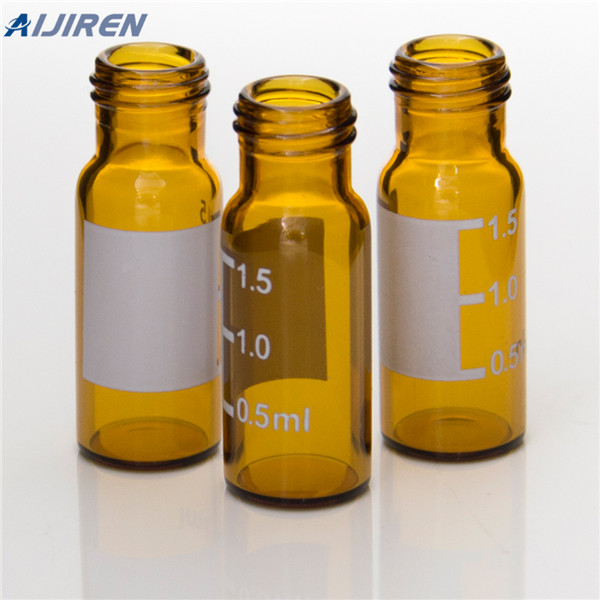
A rapid, sensitive, selective and validated reverse phase high-performance liquid chromatography (RP-HPLC) method for the estimation of paclitaxel in micro-sample of rat plasma and in culture of cancer cells was performed in this study. The mobile phase consisted of an optimized mixture of methanol:water: trifluroacetic acid (80: 20: 0.1, v/v/v
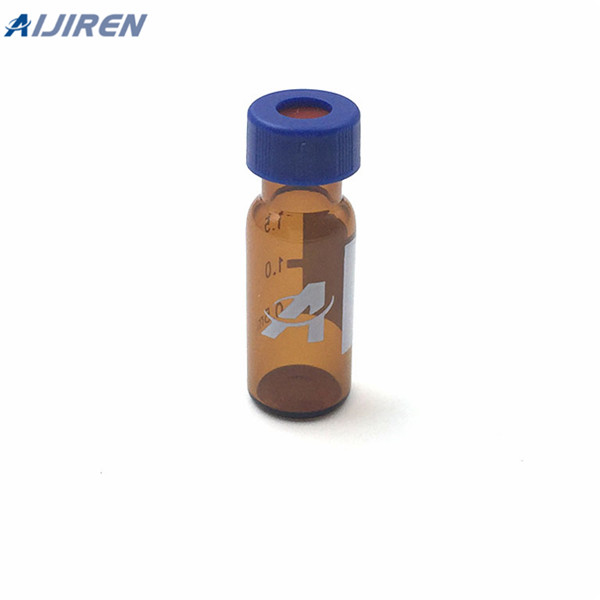
Clear Glass Vials. Clear Borosilicate Glass Screw Thread Sample Vials and crimp top glass vials offer protection against temperature changes and preserve sample integrity. These general purpose lab quality glass vials are made of Type I borosilicate glass, providing exceptional resistance to heat shock and chemical leaching.
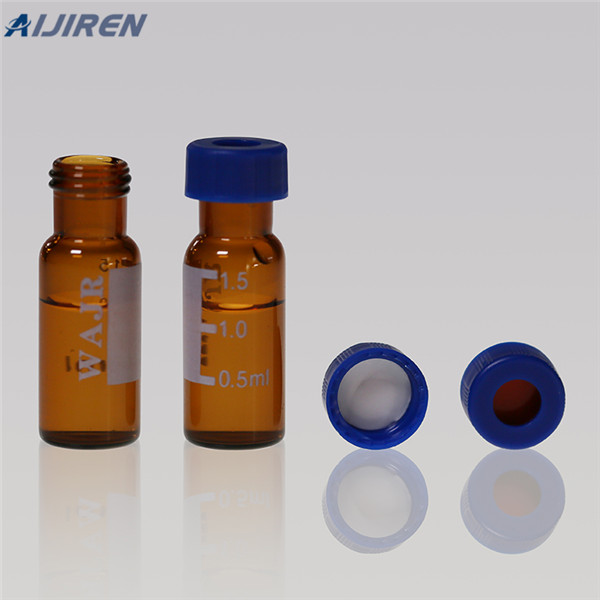
HPLC and Chromatography Sample Prep Supporting the Integrity of Your Sample Prep Results Whether you are pursuing goals in the life sciences, pharmaceutical methods, research and development, quality control, or specialty environmental applications, Pall’s HPLC and chromatography sample prep products offer
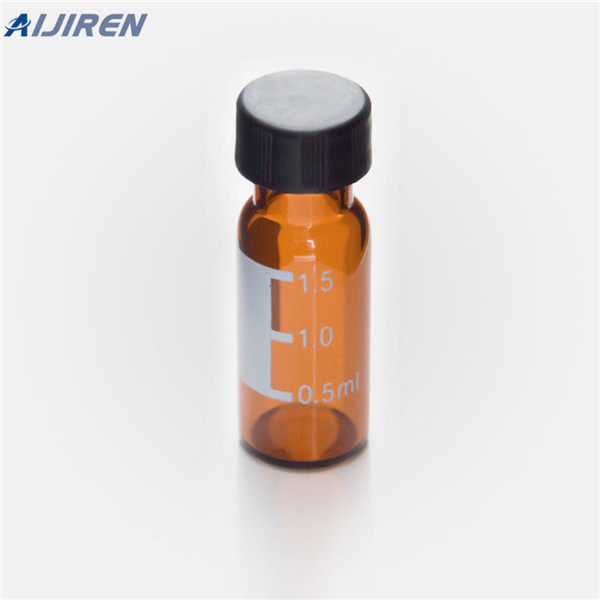
High performance liquid chromatography (HPLC) is an important analytical tool for separating and quantifying components in complex liquid mixtures. By choosing the appropriate equipment (i.e. column and detector), this method is applicable to samples with components ranging from small organic and inorganic molecules and ions to polymers and

Waters also offers a selection of glass sample vials and plastic sample vials that fit most manufacturers’ instruments. Two of the most popular uses are as HPLC vials and GC vials. These chromatography vials can be used as sample storage vials by adding a solid caps with liner.
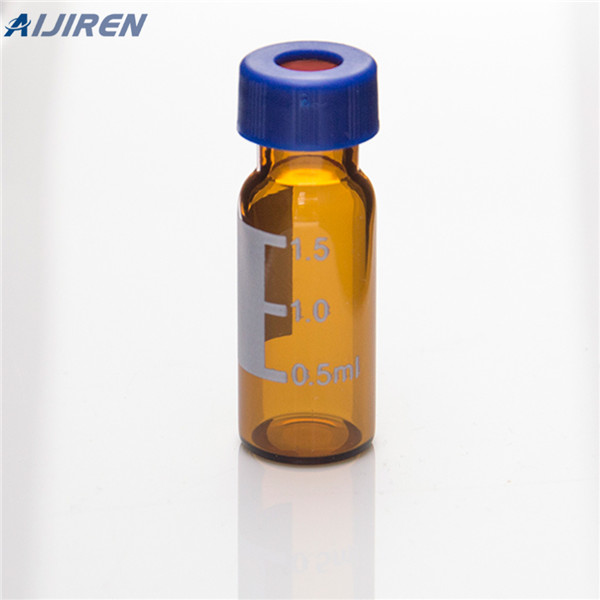
The sample preparation method for normal and reversed phase analysis is as follows: Fundamental theory * The sample should be dissolved in the eluent to be used and filtrated with 0.45μm disposable filter. Then, it should be injected into HPLC system about 10 to 50μL.

Sample preparation for HPLC is particularly important when you use a sensitive downstream detection method, such as mass spectrometry (MS). Liquid chromatography-mass spectrometry (LC-MS) is widely used to analyze complex samples, such as plasma, urine, food samples, and wastewater.